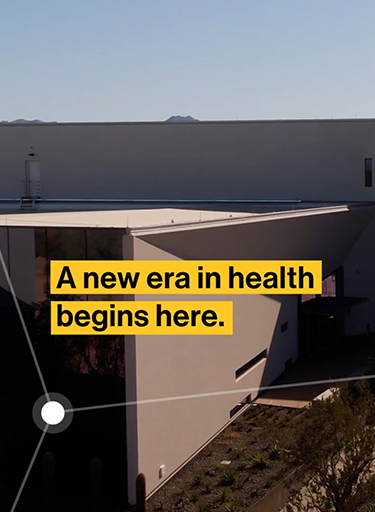A new approach to drive innovation in medicine and health care.
Arizona State University is accelerating its health-related efforts to tackle the state’s urgent health care needs, now and into the future.
ASU is launching a new medical school, creating a school for public health technology, launching a "health observatory," developing the health care workforce, and more. The charge is to address significant and growing health care needs and help improve health outcomes for families across Arizona.
ASU Health will transform how health care is designed, delivered and measured while also producing new physicians, nurses, specialists, technologists, scientists — all the groups that need to be focused every day on Arizona’s health.
ASU Health will produce physicians who blend medicine, engineering, technology and humanities to become a different kind of health care leader. Graduates will leverage new tools such as AI and data science to connect with more patients, seek innovative practices and improve health outcomes. We are working to find innovative ways to be impactful to families at home, schools and school districts, hospitals, clinics, pharmacies - everyone.


